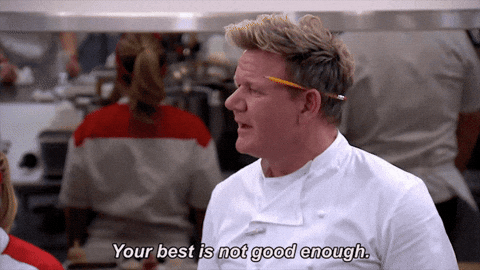- Just Two Minutes
- Posts
- Just Two Minutes: Habits
Just Two Minutes: Habits

Bite-sized dental wisdom in under 2 minutes.
We all love to talk about habits.
Stacking them, scheduling them, making them stick.
But lately I’ve been thinking less about starting habits… and more about what happens after.
Here’s what I mean:
I’ve got my workout routine dialed in. It’s on my calendar, non-negotiable. But for a while, I’d squeeze it in right before needing to rush for school pickup… or jump on a meeting… or race back into work mode. And at first, it was fine. Until it wasn’t.
Eventually, the stress that came after the workout started creeping into how I felt before it even started. I wasn’t dreading the workout itself - I was dreading the chaos that followed. The no-time-to-shower panic. The mental whiplash of going from “taking care of myself” to “taking care of everyone else” in ten seconds flat.
And that’s when I realized: most people don’t quit habits because they’re hard. They quit because they built them in a way that punishes them.
So if you want to make something sustainable, you have to remove as many points of resistance as possible. That includes time. If the habit is great, but the five minutes after it feel like a meltdown? You’re not going to want to keep doing it.
So now? I build in buffer. I give the habit room to breathe. And I protect that margin like it’s part of the habit - because honestly, it is.
This goes for more than just workouts. If your weekly planning session is always interrupted by staff questions… or your “read 10 pages a day” turns into reading 4 before someone needs you again… or your time to write a 2 minute newsletter ends with you doom scrolling on Facebook - guess what? You’re not building a habit. You’re building resentment.
And yeah, maybe you can power through for a while. But it won’t last.
Habits are more likely to stick when the entire experience feels supportive. Not just the action itself - but the rhythm around it.
So if something feels hard to keep up with, take a second to ask:
Am I giving this enough space to actually work?
Because the goal isn’t just to build habits.
It’s to build habits you don’t hate.
-Dr. Alex
P.S. It’s not about trying harder. It’s about making it easier to try. That’s what systems do.
